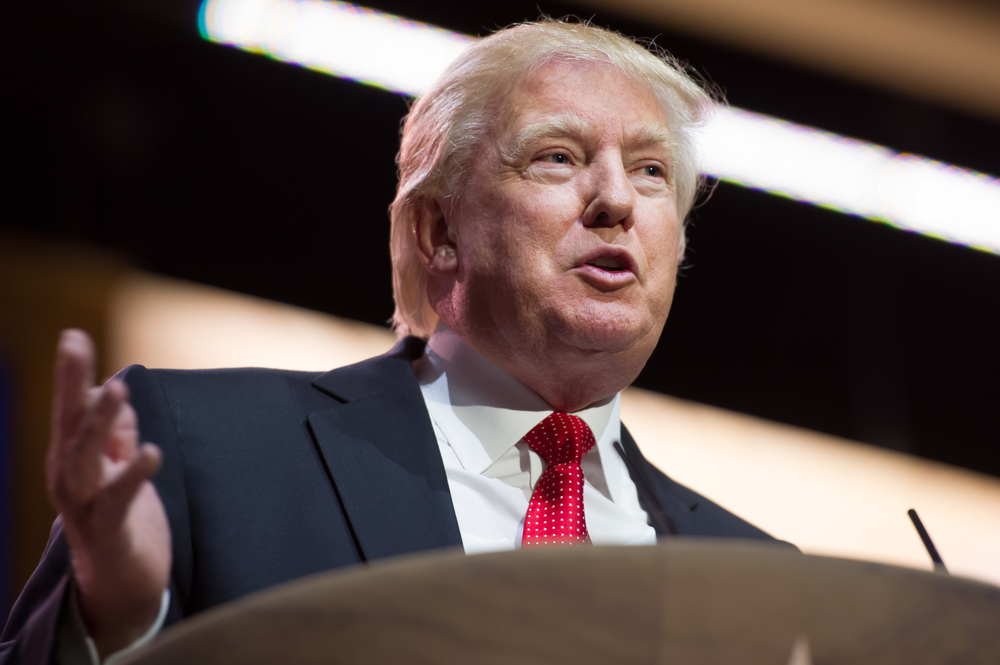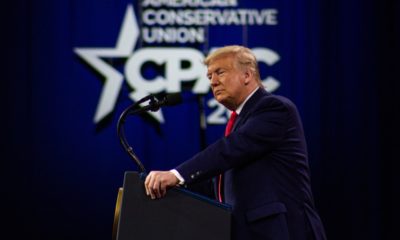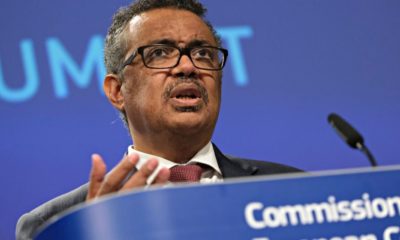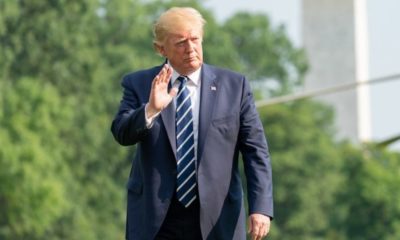Breaking News
Trump to Wind Down MidEast Troop Presence

President Trump still hopes he can hold onto the White House, but, if his legal challenges fall short, he’ll bring home more U.S. troops before he goes.
Sources close to the president say he will order the Pentagon to withdraw U.S. military forces from Afghanistan and Iraq by early next year. The decision will mark Trump’s latest effort to bring home troops from international hotspots. This comes as the president delivers on his 2016 campaign promise to end U.S. involvement in world conflicts.
By Tuesday, Trump is expected to issue an order to pull thousands of U.S. troops from the Middle East by January 15, five days before the presidential nomination. It could end up being one of Trump’s last acts in office. Once the order is issued to the Joint Chiefs of Staff, it will be disseminated to U.S. Central Command where military planners will develop plans for executing the order.
Trump has slowly withdrawn troops from the Middle East since taking office. However, roughly 5,000 U.S. troops remain in Afghanistan, and another 3,000 are still in Iraq. The presidential order would reduce troop levels to 2,500 in each theater. The U.S. also has another 1,000 troops in Syria. Although, there are currently no plans for a reduction of force in the region.
A Promise to End U.S. Involvement in Foreign Wars
President Trump promised to end the country’s involvement in “endless foreign wars” during his 2016 campaign run. Additionally, he quickly went about pursuing the goal once he took office. He has pulled thousands of troops from the region over the past four years. The president also relied on U.S. airpower to protect the country’s interests in the region instead.
President Trump favored an even more aggressive withdrawal of U.S. forces from the region. However, he dialed down his plans after meeting fevered resistance from political allies and military planners. The decision to remove only 2,000 troops represents a compromise between the disparaging views.
The Trump administration’s decision will leave a reduced presence of troops on the ground to quell any potential threats that may be emboldened by the U.S. withdrawal. From a political perspective, it allows the president to meet his campaign promises without leaving the region totally undefended.
Trump called for the withdrawal just days after he shook up the Pentagon’s top leadership position and fired Secretary of Defense Mark Esper. The new Pentagon brass pushed to withdraw all U.S. forces from the Middle East by mid-December. Although, they were forced to compromise with a more modest reduction force.
Republicans' Critiques
Despite the White House’s eagerness to disentangle the country from its global quagmires, some Republicans criticized the decision.
Senate Majority Leader Mitch McConnell (R-KY) said the decision is akin to “the humiliating American departure from Saigon in 1975” and warned it could become a propaganda win for Islamic extremists.
“We’d be abandoning our partners in Afghanistan, the brave Afghans who are fighting the terrorists and destroying the government’s leverage in their talks with the Taliban, designed to end the fighting,” McConnell told his fellow Senators.
Representative Michael McCaul (R-TX) also expressed concerns. “[A] premature U.S. withdrawal would not only jeopardize the Afghan government’s ability to negotiate but would endanger U.S. counterterrorism interests,” said McCaul.
Questionable Motives
However, one could easily question the Republican dissenters’ motives. McConnell received generous contributions from NorPAC, a deep-pocketed political action committee with a pro-Israel agenda who was the second biggest donor to the Senate leader’s reelection campaign. McCaul’s stance could also be called into question. His number one donor for this election cycle was Pro-Israel America PAC.
It seems logical that Isreal, a staunch U.S. ally, would favor having more U.S. troops in its backyard. It’s also likely that the massive U.S. military-industrial complex is lobbying against de-escalation efforts. These behind-the-scenes efforts to undermine Trump’s push to withdraw troops has led to surprisingly adamant criticism from both Republicans and Democrats.
Despite the resistance, President Trump is plowing ahead. He will withdraw U.S. troops and do everything in his power to deliver on his promise to end U.S. involvement in foreign wars, regardless of whether the pro-Israel lobby or military-industrial complex supports the decision.
Up Next:
- Trump Hints at Possible Defeat
- Sen. Pat Toomey Calls on Trump to Begin Cooperating with Biden’s Transition Team
- Trump Announces That the “Remaining Number” of U.S. Troops in Afghanistan Will Be “Home by Christmas”












